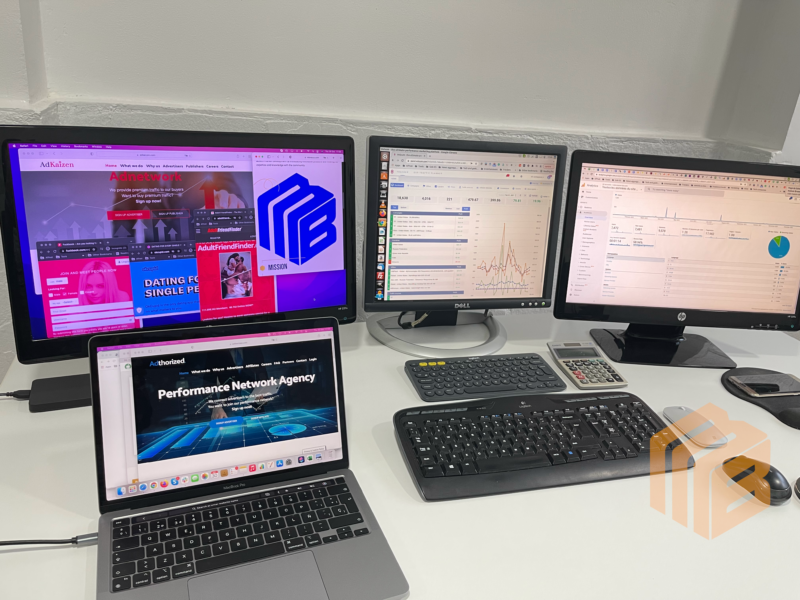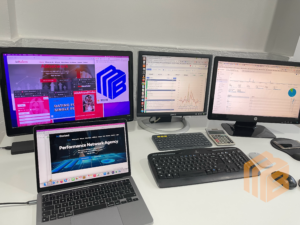What You Should Know About Media Buying
Successful ad campaigns need more than an appealing slogan on a nicely designed banner banged on repeat in front of a target audience. Running an ROI-positive, growth-focused ad campaign needs an experienced analytical media buyer! A media buyer should know the way to put your ad at the right time, right audience, and low price.
Here is what you should know about media buying as a way to become a good media buyer or run effective campaigns for your company or in affiliate marketing in general.
What is Media Buying?
Basically, media buying is a process used in marketing plans to acquire an audience for the least cost and with the best results possible.
Trading and traders, for example, can be compared to Media Buying and media buyers! Yet in this case, the trading is done with ads instead of stocks. Media buyers search for the best-performing ad placements to monetize the traffic with the highest-paying ads.
The Media Buyer’s role
The role of media buying process is overseen by media buyers, with a media planning task done beforehand. Media buyers carry out the actual traffic and user acquisition on advertising space(s) based on the marketing goals and target audience preferences. Negotiating with the sites, networks, and other channels where the ads are to be displayed is a big part of the media buyer’s job. They must guarantee that the relevant locations are purchased at the precise times and for the correct period, all while staying within budget constraints.
Media buyers can’t perform their media buying tasks without marketing performance tools to mainly track key performance metrics and delivery to guarantee that the ad is placed according to the agreement with the campaign goals in mind as media planned.
Media Planning and Media Buying or each separately?
It’s crucial to understand that media planning wouldn’t make sense without media buying and vice versa. In MBNexus, for now, the media buyer does both tasks. The media plan and then execute the media buying process. In a nutshell, the first step is media planning. Media buyers carry out the media strategy, putting the agreed-upon commercials on the relevant channels, based on the conclusions and strategies reached by the media planners.
Media Planning
Identifying an audience, performing market research, establishing a budget, and setting goals are all part of the media planning process. Media planners work with clients to determine who their target audience is for their product, which channels they use and when they use them, and what type of messaging they are most likely to respond to. The planning process will use this data to choose which channel and at what price they wish to buy ad space.
Media Buying
Media buyers connect with their peers across the agreed-upon media sites once the media plan is set in place. These are frequently sales/account executives, whose job is to locate relevant clients. These two parties agree on a spot, a schedule, and a price. When it comes to putting media plans into action, media buyers frequently employ the following strategies that we know of from our experience with dating media buying:
- Bidding on ad space and managing bids directly through ad networks such as AdKaizen, TwinRed, and Google ads…also known as manual bidding.
- Real-time bidding on ad zones that match consumer profiles is now possible thanks to AI and algorithms (e.g. dating sites leveraging a platform that will automatically bid on and place ads on adult dating-oriented sites).
- Direct flat buys: When the media buyer directly negotiates ad pricing and run times with a specific advertiser as well as with the ad network or the site’s owner.
The reason why Media Buying is crucial
Appropriate media buying entails much more than simply buying ad space. Media buying teams may build strong relationships with media owners, resulting in more reach for less money. This allows marketing teams to enhance conversions and show clients and stakeholders a strong return on investment.
Resorting to an experienced media buying team and methodology has a number of major advantages.
Aim for the Best Media Buying Deals
Media buyers frequently have a large network of contacts that they may use to maximize the return on their investment. Negotiation strategies and basic industry norms, such as the average cost of leads or what click per sale should cost, are well-known to media buyers. Media buyers can also assist in extending the benefits of a contract. The terms “value-added” or “additional value” in advertising refer to free ad space or impressions tacked on to a contract. Experienced media buyers can often have value-added at media channels with which they have previously dealt and can negotiate pricing to improve reach or frequency.
Get the Best Spots
Media buyers the art of spending their advertising funds wisely and which ad spots and zones generate leads the most. Trends and events (such as the Black Friday campaigns) that may affect ad availability are kept in mind by media buyers, who negotiate ad placements directly into the contract to ensure that advertising is delivered as promised on the price planned time.
Plan Campaigns with Best Practices
Media buyers are aware of which techniques and tricks are most likely to result in conversions. For example: running ads at specific times of the day or behavioral targeting and retargeting. Media buyers have worked with a variety of publishers and ad networks. They bring the finest tactics they’ve learned from past campaigns and can put them to work when negotiating ad spots for optimum profit.
Media Buying challenges
Investing in skilled media buying teams and processes, like all marketing initiatives, requires a bold display of value. To do so, media buyers will require analytics tools that will allow them to link conversions and KPIs to a single ad. They also require real-time information in order to make due optimization and apply changes to non-performing ads. When it comes to media buying, the following are the most significant challenges:
Measuring ad campaigns:
When it comes to media spending, it’s crucial for media buyers to measure which campaigns are effective and which ones aren’t. It’s the way to be able to better distribute budgets as a result. Many advertisers, unfortunately, have difficulty using an attribution model that accurately captures their whole media mix. This makes determining when a certain ad placement has performed as expected and triggered a specific conversion challenging.
In-Flight Campaign Optimization
Another challenging aspect of media buying for media buyers is optimizing advertising campaigns in the middle of a campaign. Most ad campaigns’ results aren’t checkable after the campaign and its set budget have ended, which means it’s too late to make changes to your advertising budget. To address this, marketing teams must invest in marketing tools with the processing power to provide granular data on campaign performance while the campaign is still running.
Keeping Ad Fraud at Bay
When a media buyer pays for ad space on a fraudulent website, or when an advertiser has to pay more for an ad because of bots or click farms, it is known as ad fraud. This is common In programmatic advertising. Programmatic media buying can be good for real-time ad placements, but it leads to ad fraud when the purchased ads are not thoroughly reviewed, and this is bad for your ROI with squandered funds.
Tricky Contracts
Contract discussions are challenging in the media purchasing process. To ensure that precise expectations are satisfied, media buyers must ensure that everything negotiated is mentioned explicitly in the contract. For example, if an advertiser only wishes to target an audience in Germany, this should be mentioned clearly so they don’t have to pay for traffic that comes from non-German users. Same with under-delivered volumes, if the contract is set for a specific volume of traffic then the publisher or the ad network must compensate the media buyer by either delivering the volume agreed upon or refunding the media buyer. Advertisers and affiliates may waste big sums of money if they don’t pay attention to the details of the fixed deal contracts.
In a nutshell
The above points are what you should know about media buying before diving into advanced elements. The art of media buying is very intricate. It has a lot of emphasis on finding the best ad placement for consumer experience, conversion, maximum profit, and ROI. Finding the right media buyers to do the job thoroughly is very nuanced and requires energy, time, and money before you hire the right ones. Outsourcing media buying services to experienced agencies like MBNexus is the best move, as it helps you not only cut the chase to get to the results but also saves you time and costs that you as an advertiser could do so much more within other departments.






